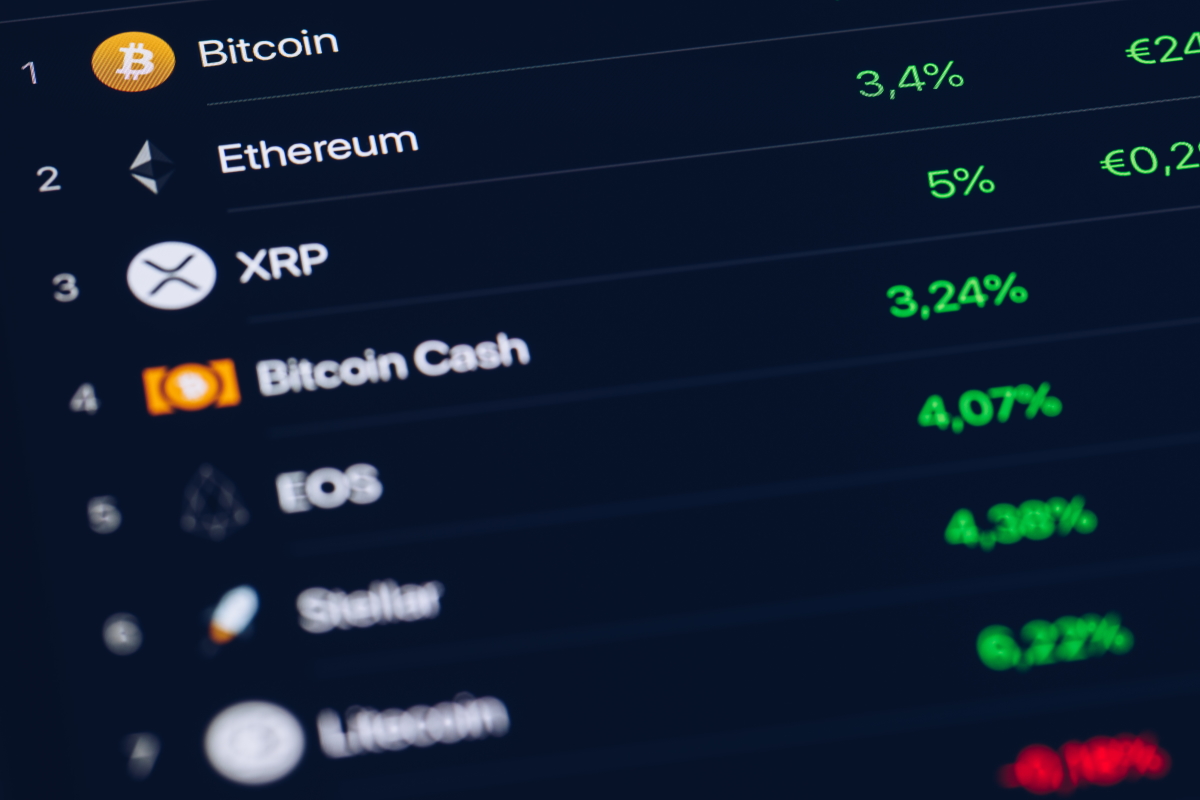Institutional investors have been apprehensive about cryptocurrencies due to the high volatility, and the recent FTX debacle is another blot on the asset class. The collapse of the world’s second-largest crypto exchange has sent shockwaves around global markets, but how does the bankruptcy of FTX impact Asia?
The crisis at FTX has jolted the volatile cryptocurrency market, which has lost billions of dollars in value, falling below the $1 tn mark in early November 2022.
The consequences of FTX’s rapid decline and collapse will almost certainly affect cryptocurrencies for the foreseeable future and may even drag down broader markets. Investors and customers have lost billions of dollars, and not all of it will be recovered, the company’s replacement CEO John Ray, said at a US Congressional hearing on December 13.
FTX’s Asia relevance
Hong Kong: Hong Kong-based cryptocurrency exchange AAX has fallen prey to the collapse of FTX. The exchange has shut down, withdrawals have been frozen and its social media pages have disappeared. This offers a warning to Hong Kong’s ambition of becoming a virtual asset hub.
Meanwhile, The Hong Kong Securities and Futures Commission (SFC) has also warned that investors could lose a significant amount of money, or even all their money if a Virtual Assistant (VA) platform is hacked or succumbs to fraud. The regulator classified crypto deposits as unregulated.
Financial Secretary Paul Chan Mo-po labelled crypto as ‘unstoppable’ which could potentially mean Hong Kong would tighten its regulations on crypto without stifling its growth.
Singapore: FTX in Asia had one of the highest exposures to Singapore. The country’s Deputy Prime Minister Lawrence Wong has said, “FTX is not the first cryptocurrency platform to collapse, nor will it be the last.” Singapore’s financial regulators and the Ministry of Finance faced the heat after the collapse of FTX. They had to face questions on the regulation of cryptocurrency and the potential effect of the demise of FTX on the broader economy of the country.
Singapore comprised 6% of FTX’s global customer distribution. The investment of Singapore’s state-owned investment fund Temasek into FTX has caused ‘reputational damage’ according to Wong. Temasek has announced a write-off of $275 m, its entire investment in FTX.
Japan: FTX Japan is under pressure from the country’s regulators to return money to the victims of the FTX collapse. Even though promises have been floated to return the money within weeks, there hasn’t been any substantial development on that front.
FTX’s Japan business has been suspended until March by the regulators citing the unavailability of funds. FTX.com is unavailable and alternate infrastructure needs to be set in place to repay investors. This might force the company to restart Liquid, a currently dormant exchange acquired by FTX earlier in the year.
FTX Japan is also embroiled in its parent company’s court proceedings in the United States, which may result in a fire sale of subsidiaries.
South Korea: According to a CoinGecko report, South Korea is the most affected by the FTX fallout in Asia, with 297,229 unique users visiting FTX.com monthly on average. This accounted for 6.1% of the website’s traffic.
As a result, the government is likely to accelerate its regulatory framework for cryptocurrencies. The South Korean crypto regulatory act, known as the Digital Asset Basic Act, is expected to be finalized in 2023.
Australia: Australia has already issued a consultation to regulate and license cryptocurrencies and exchanges through a new set of rules to be released in 2023. This reform is expected to make the country’s financial policies more modern and able to take on new challenges that the digital space has to offer.
This comes after almost 30,000 customers in Australia faced losses owing to the fall of FTX. Consequently, after the collapse of FTX, Brisbane-based crypto exchange Digital Surge has suspended withdrawals and customers have lost access to their funds. FTX was one of the trading partners of Digital Surge.


 Australia
Australia China
China India
India Indonesia
Indonesia Japan
Japan Malaysia
Malaysia Philippines
Philippines Singapore
Singapore South Korea
South Korea Taiwan
Taiwan Thailand
Thailand Vietnam
Vietnam







